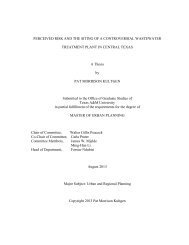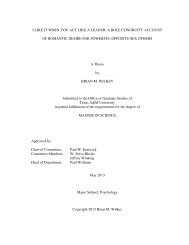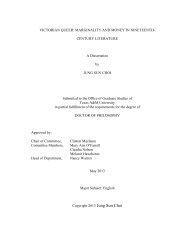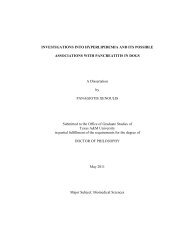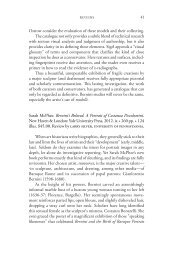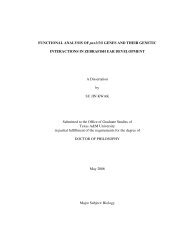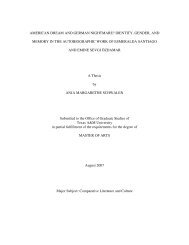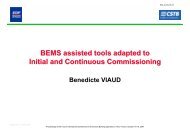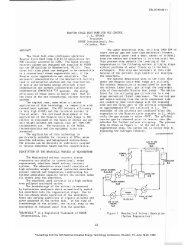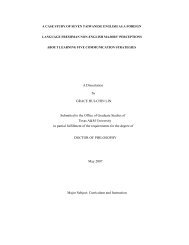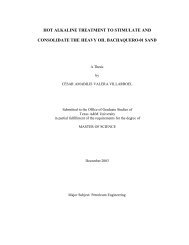THE EFFECT OF ETHICAL SIGNALS ON RECRUITMENT ...
THE EFFECT OF ETHICAL SIGNALS ON RECRUITMENT ...
THE EFFECT OF ETHICAL SIGNALS ON RECRUITMENT ...
You also want an ePaper? Increase the reach of your titles
YUMPU automatically turns print PDFs into web optimized ePapers that Google loves.
to imagine they were applying to a job and report their reactions. Participants were not<br />
able to actually respond to the interviewer, but only read about the interaction and report<br />
their attraction to a fictitious organization. In addition, they did not actually choose an<br />
organization, but simply reported their level of attraction to it. In other words, there<br />
were no real ramifications for their choices, as there would be if they were actual job<br />
applicants. As mentioned above, intentions (as reported in a laboratory study such as<br />
this) and actual behavior can be two divergent concepts, especially as it is related to<br />
ethical behavior.<br />
Additionally, the organization’s ethical climate can greatly influence the ethical<br />
behavior of the individual. Without more exposure to the organization (i.e., office visit,<br />
second interview, etc.), a laboratory study such as this is only an artificial environment;<br />
thus, generalizability is limited. On a related note, another limitation is the small amount<br />
of information applicants were given about the fictitious organization and about the job<br />
for which they were applying. It is plausible that if additional information were<br />
presented to the participants, the effect of ethical signals would start to diminish. This is<br />
especially true for those variables on which applicants tend to place a tremendous<br />
amount of weight (i.e., salary).<br />
The next limitation is the inconsistency between the conceptualization of ethics<br />
theoretically and empirically. Theoretically, ethics is on a continuum (Nicotera &<br />
Cushman, 1992). This is consistent with the hypothesized relationships (i.e., ethical<br />
organizational practices are positively related to organizational attraction).<br />
Methodologically, however, ethics was manipulated in the lab such that the data (and<br />
84



